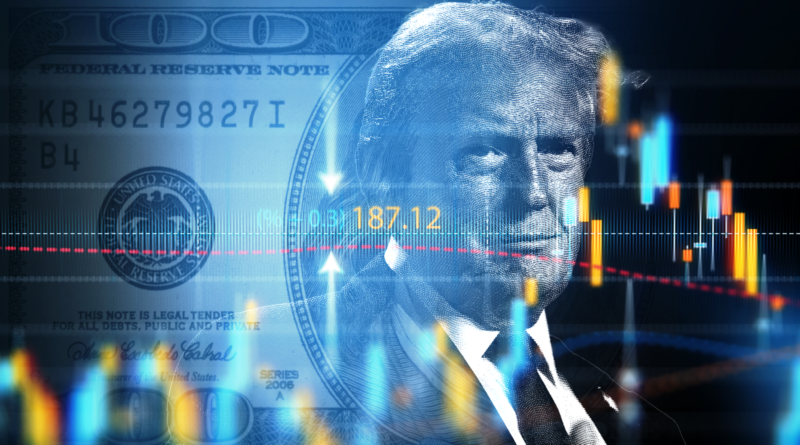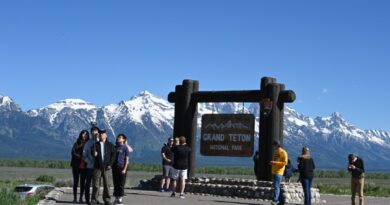The Significant Impacts of a Potential Trump 2.0 Administration | US News
There is a significant possibility that future historians will pinpoint this event – Donald Trump’s second inauguration – as a pivotal moment in history.
They may argue (assuming the unfolding events play out accordingly) that this marked the end of a 35-year period of globalization which commenced with the fall of the Berlin Wall, ushering in a new epoch. It represented a shift in the mindset of the governing elite, replacing key principles like free trade and open borders with an entirely new set of beliefs.
The notions that immigration barriers and trade tariffs are legitimate tools in policy are not entirely novel. Indeed, if one reflects on the last two centuries, a cycle emerges: approximately every 75 years, the global inclination shifts between embracing and rejecting free trade. It would be inaccurate to claim that Donald Trump altered everything; a look at Joe Biden’s policies reveals that he has continued, and even solidified, Trump’s initial stance on China through new tariffs and protectionist strategies.
Nonetheless, historians are often attracted to symbolic moments, and this certainly qualifies as one. American voters have rallied behind a president who not only promotes a markedly different approach to international relations than his post-war predecessors but also romanticizes it.
Read more:
Melania Trump – forging her own path
Why the UK must engage with Trump
Getting to know the Trump family
Since the time of Franklin Roosevelt, a key aim of American policy has been to utilize its power to foster international stability while promoting democracy and certain social and economic principles, often referred to as the “Washington consensus.” This vision was reinforced through multilateral organizations such as the United Nations and the International Monetary Fund. In contrast to previous global powers, the US aimed to pursue a more enlightened approach characterized by multilateralism.
However, the onset of the Trump 2.0 era suggests that this model may have reached its conclusion. With an emphasis on tariffs, territorial claims like those over Greenland and Panama, and a transactional view of NATO, the current president embodies a shift towards a different America and a distinctive global superpower. The ramifications of this shift are likely to be significant.




